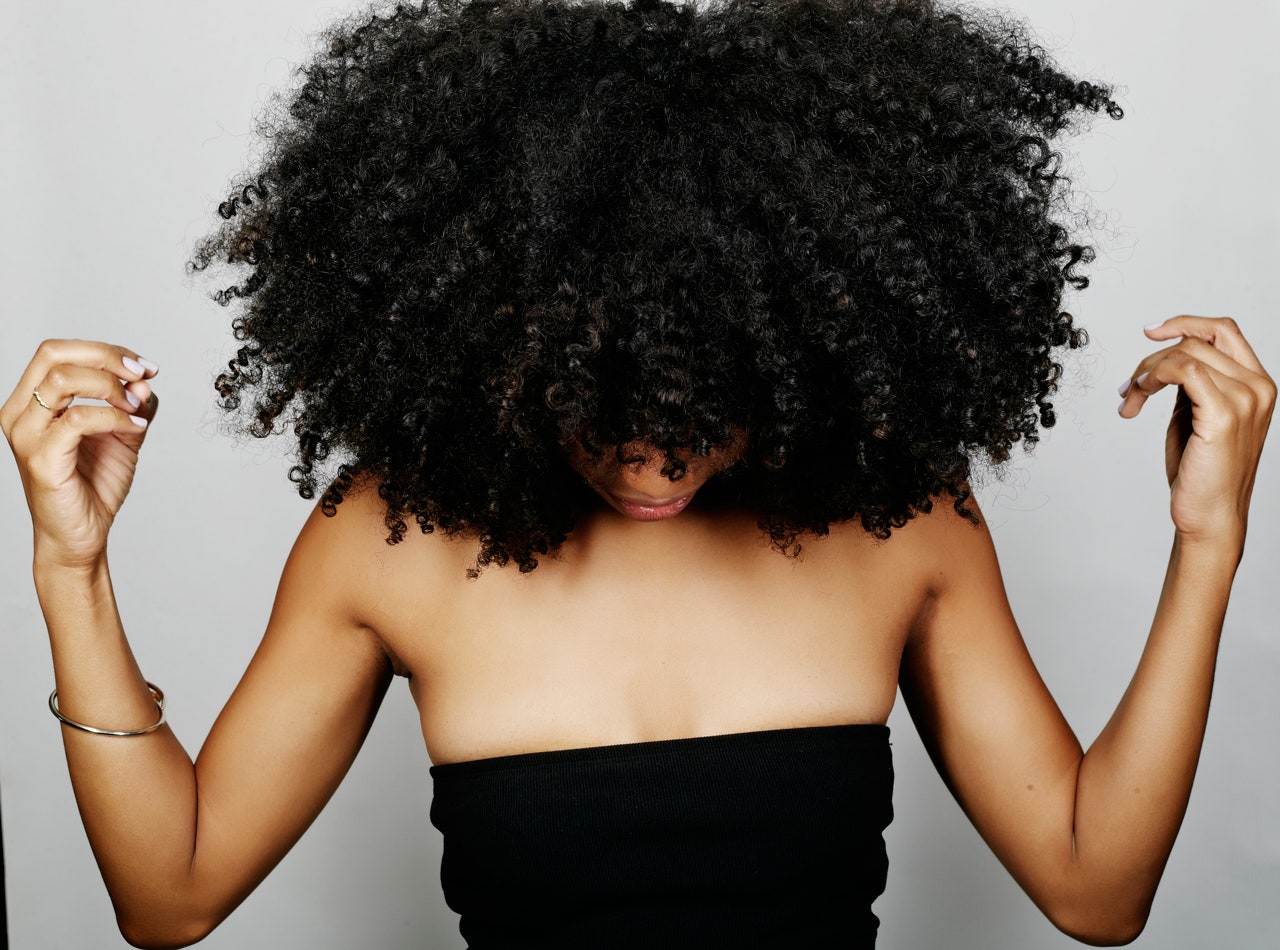African women’s hair is known to be beautiful, long and full of health. Many African women are not aware of their damaging hair habits, which may result in damage or hairline loss. We will look at the top 5 habits that African women have to avoid if they want their hair and hairline to stay healthy.
Heat can be used to over-style hair
African hair can be severely damaged by heat styling products such as flat irons, blow dryers, curling wands and other similar tools. Heat from such tools can cause the hair to lose its natural oil, making it dry and fragile. This may lead to hair loss, and even breakage. Heat styling should be avoided and heat protection spray used before using the tools.
Chemical Treatments
These treatments are harsh for African hair. These treatments weaken hair and make it more susceptible to breaking or hairline loss. Consult a professional before you undergo any type of chemical treatment. Also, use hair products that have been formulated especially for African-American hair.
Tight Hairstyles
The hair and scalp can be stressed by tight hairstyles like braids, cornrows or weaves. It can result in hairline damage and permanent damage to your hair follicles. Avoid styles that are too tight and give your hair time to rest.
The Poorest Haircare Routine
Hair damage and loss of hairline can be caused by a poor hair care regimen. Not properly detangling your hair, using wrong products, or not washing it often enough are all examples. You should establish a routine for hair care that involves regular hair washing, deep conditioners, and products formulated specifically for African hair.
Stress and Sleep Deprivation
The lack of sleep, stress and other factors can negatively impact African hair. The body can release hormones when stressed, which may cause hair to fall out. By getting enough sleep, managing stress with relaxation and exercise techniques and exercising regularly you can prevent hair damage.

FAQs
Q. What is the best method to prevent hairline and hair damage loss among African women?A. The best methods to prevent damage to hair and loss of hairline in African woman is to avoid excessive styling with heat and chemical treatments. Also, maintain a healthy hair care regimen, manage stress, and sleep enough.
Are there products which help prevent hair damage in African women and the loss of their hairline? There are specific products formulated specifically for African-haired women that help prevent this damage. They include products such as heat-protectant sprays, conditioners that penetrate deep into the hair, and those free of harsh chemicals.
You can also read our conclusion.
African women are blessed with beautiful, healthy hair. But it is vital to avoid habits and practices which can harm the hair and the hairline. African women who want to keep their hair healthy can avoid over-styling, using heat or chemical treatments on it, wearing tight styles, managing stress and sleeping enough. Remember to only use hair care products that have been formulated specifically for African-haired women to give your hair the proper attention.
You should also seek out professional guidance when you are undergoing a chemical treatment and avoid products which have not been specifically designed for African hair. A healthy lifestyle, along with an effective hair-care routine are the keys to healthy hair.
You can never be too old to take care of hair, prevent damage or hairline loss. Take steps to keep your hair looking healthy and beautiful for as long as possible by taking proactive measures to protect it. You can prevent hair loss and damage by avoiding tight styles, using heat protector sprays or adding deep conditioning to your haircare routine.
Conclusion: The five things that harm the hairline, hair, and scalp of African woman are excessive styling with heat, chemical treatment, tight styles, poor haircare routine, stress, and lack sleep. African women who incorporate a healthy hair care regime can maintain their hair’s appearance and feel. You should always remember that your hair is an important part of your appearance and must be taken care of.